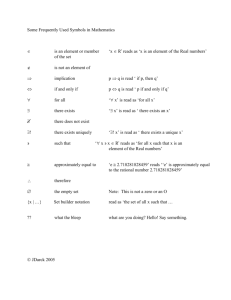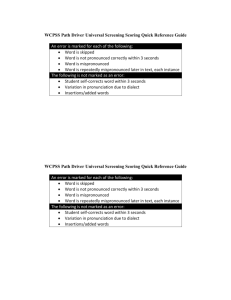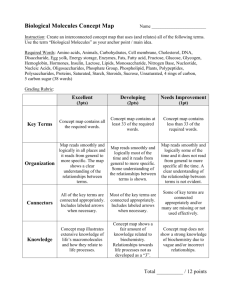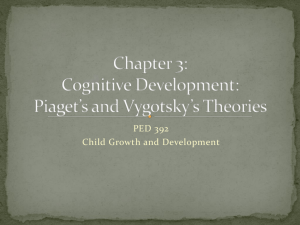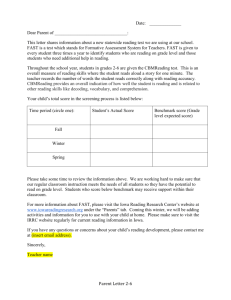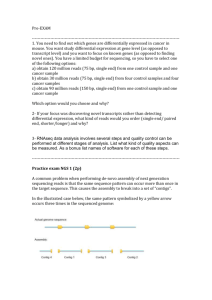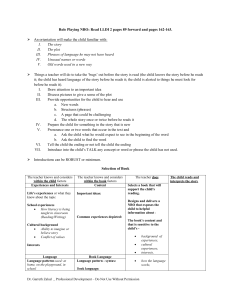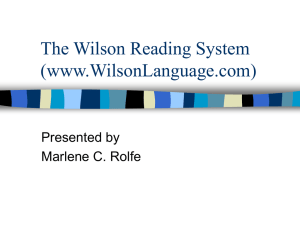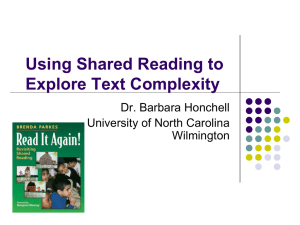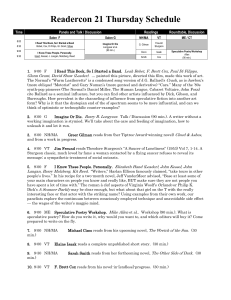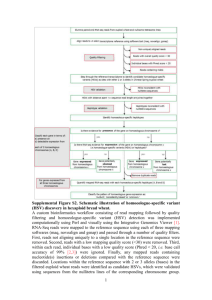Reading Fluency Teacher Rating
advertisement
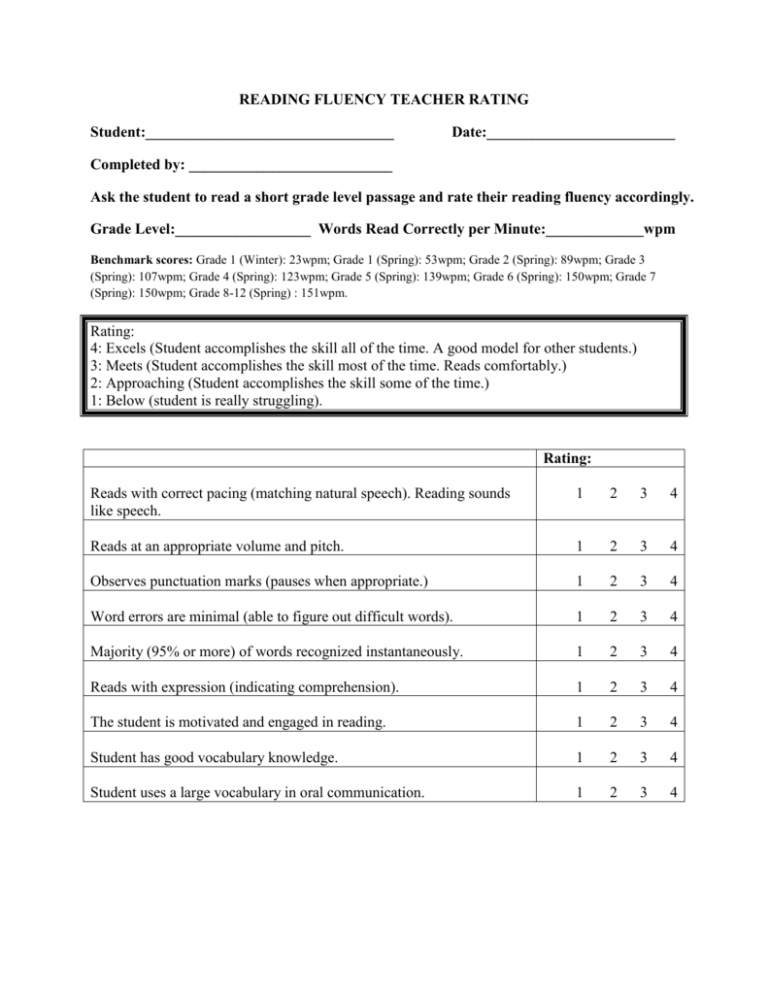
READING FLUENCY TEACHER RATING Student:_________________________________ Date:_________________________ Completed by: ___________________________ Ask the student to read a short grade level passage and rate their reading fluency accordingly. Grade Level:__________________ Words Read Correctly per Minute:_____________wpm Benchmark scores: Grade 1 (Winter): 23wpm; Grade 1 (Spring): 53wpm; Grade 2 (Spring): 89wpm; Grade 3 (Spring): 107wpm; Grade 4 (Spring): 123wpm; Grade 5 (Spring): 139wpm; Grade 6 (Spring): 150wpm; Grade 7 (Spring): 150wpm; Grade 8-12 (Spring) : 151wpm. Rating: 4: Excels (Student accomplishes the skill all of the time. A good model for other students.) 3: Meets (Student accomplishes the skill most of the time. Reads comfortably.) 2: Approaching (Student accomplishes the skill some of the time.) 1: Below (student is really struggling). Rating: Reads with correct pacing (matching natural speech). Reading sounds like speech. 1 2 3 4 Reads at an appropriate volume and pitch. 1 2 3 4 Observes punctuation marks (pauses when appropriate.) 1 2 3 4 Word errors are minimal (able to figure out difficult words). 1 2 3 4 Majority (95% or more) of words recognized instantaneously. 1 2 3 4 Reads with expression (indicating comprehension). 1 2 3 4 The student is motivated and engaged in reading. 1 2 3 4 Student has good vocabulary knowledge. 1 2 3 4 Student uses a large vocabulary in oral communication. 1 2 3 4 Please circle the level at which the student is currently functioning: Level 4: Reads primarily in larger, meaningful phrase groups. Although some regressions, repetitions, and deviations from text may be present, these do not appear to detract from the overall structure of the story. Preservation of the author's syntax is consistent. Some or most of the story is read with expressive interpretation. Level 3: Reads primarily in three- or four-word phrase groups. Some smaller groupings may be present. However, the majority of phrasing seems appropriate and preserves the syntax of the author. Little or no expressive interpretation is present. Level 2: Reads primarily in two-word phrases with some threeor four-word groupings. Some word-by-word reading may be present. Word groupings may seem awkward and unrelated to larger context of sentence or passage. Level 1: Reads primarily word-by-word. Occasional two-word or three-word phrases may occur-but these are infrequent and/or they do not preserve meaningful syntax. **Source: U.S. Department of Education, National Center for Education Statistics. Listening to Children Read Aloud, 15. Washington, DC: 1995
